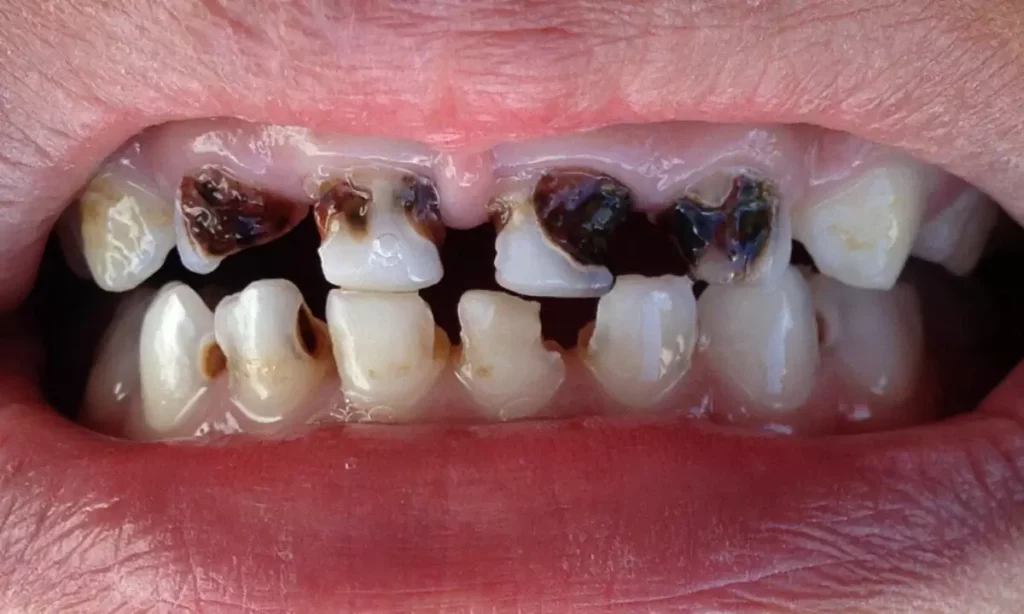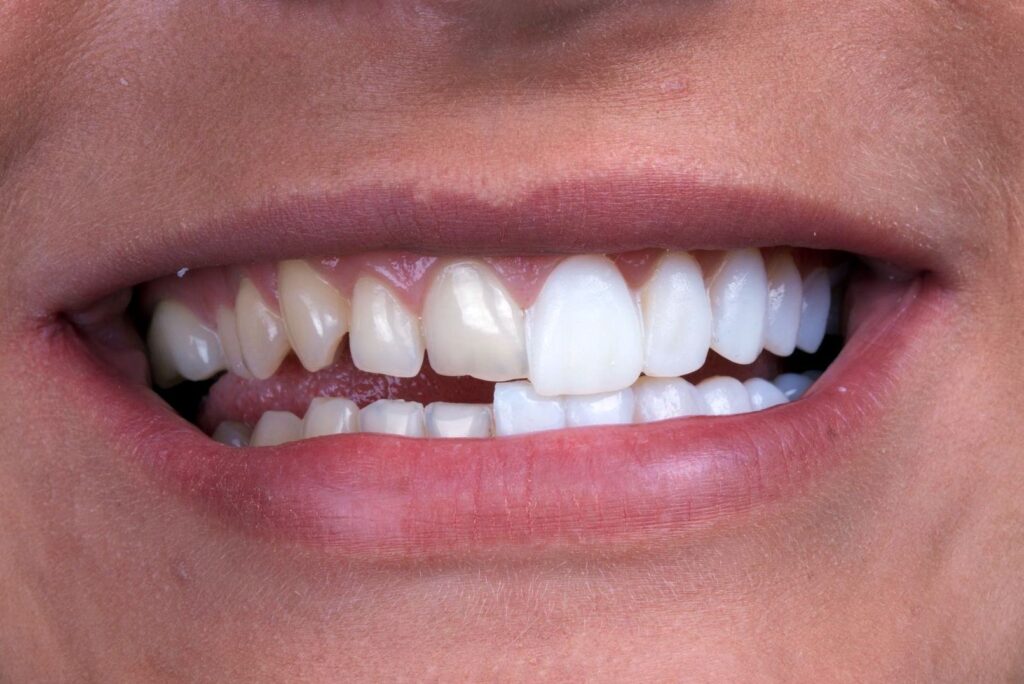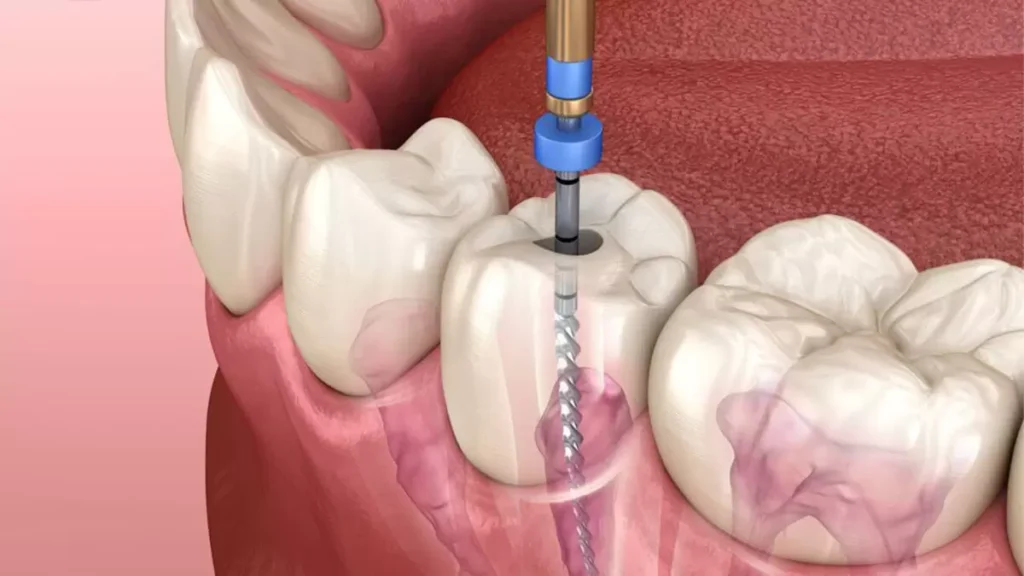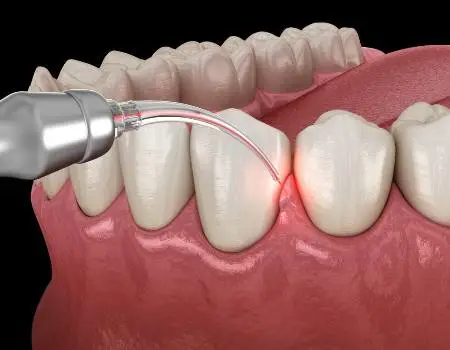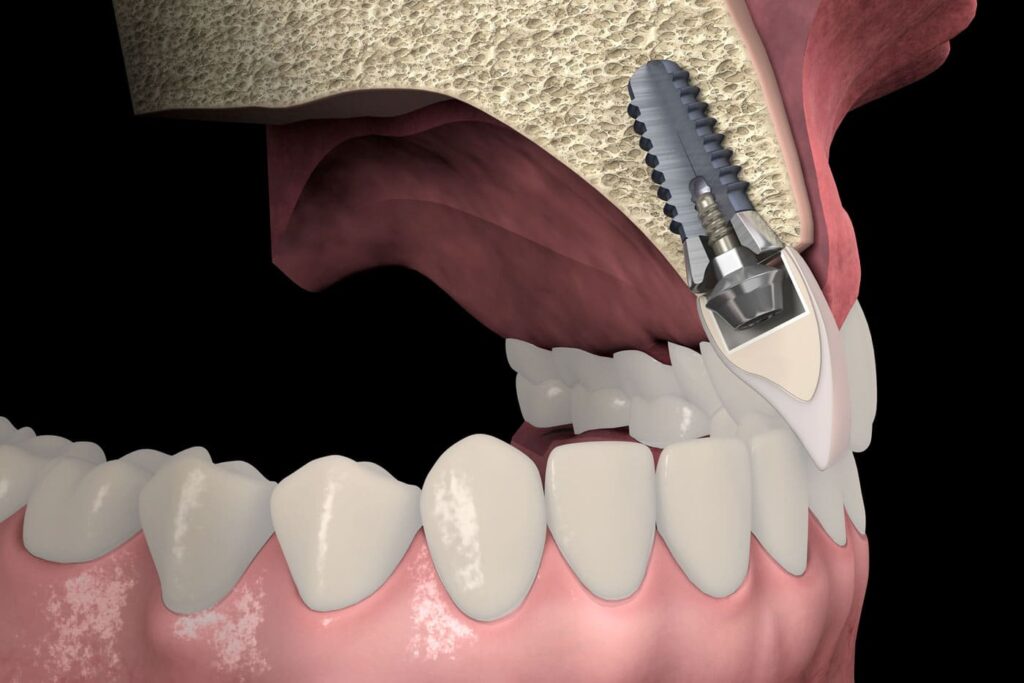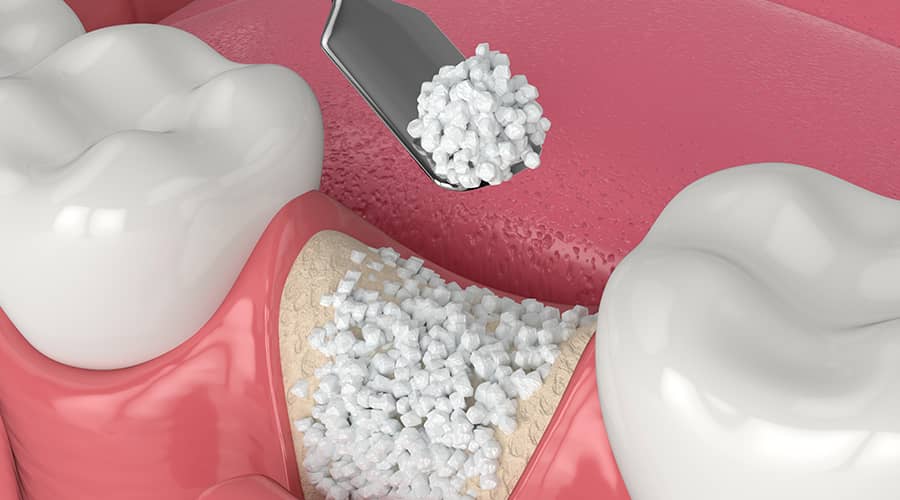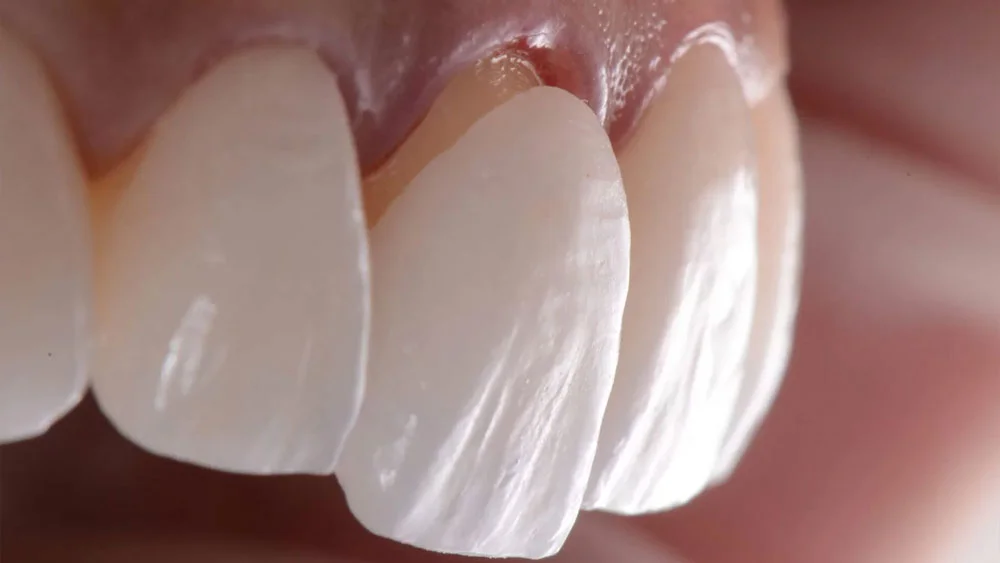Full mouth implant treatment is a transformative solution for those dealing with tooth loss. Offering both aesthetic and functional benefits, this advanced procedure replaces missing teeth with permanent, natural-looking implants, allowing patients to regain their confidence and enjoy a comfortable, improved quality of life.
What Is Full Mouth Implant Treatment?
This treatment involves placing dental implants in one or both jaws to replace all missing teeth. Once the implants are securely in place, fixed or removable prostheses are attached to restore the complete function and appearance of the mouth. It is designed to fully address the aesthetic and functional challenges caused by missing teeth.
Who Should Consider Full Mouth Implant Treatment?
This procedure is ideal for:
- Patients who have lost or are about to lose all their teeth.
- Individuals who struggle with removable dentures and prefer a fixed, permanent solution.
- Patients with adequate jawbone density for implant placement.
How Does the Treatment Process Work?
- Examination and Planning
Your dentist will evaluate your oral health and jawbone density using tools like panoramic X-rays and 3D tomography. A personalized treatment plan will then be created. - Implant Placement
Implants are surgically placed into the jawbone under local anesthesia or sedation to ensure comfort. - Temporary Prosthesis
A temporary prosthesis may be attached immediately after implant placement, allowing for basic functionality during the healing process. - Osseointegration (Integration Process)
The implants fuse with the jawbone over 3 to 6 months, ensuring a stable foundation for the permanent prosthesis. - Permanent Prosthesis Placement
Once osseointegration is complete, a custom-made fixed or removable prosthesis is securely attached to the implants.
How Many Implants Are Needed?
Typically, 4 to 8 implants per jaw are used, depending on factors such as jawbone condition and the type of prosthesis. Your dentist will recommend the optimal number based on your individual needs.
What Are the Benefits of Full Mouth Implant Treatment?
- Natural Appearance: Implants replicate the look and feel of natural teeth.
- Improved Functionality: Restores chewing and speaking abilities.
- Long-Lasting Solution: With proper care, implants can last many years without issues.
- Enhanced Comfort: Provides better stability and comfort than removable dentures.
Does the Procedure Hurt?
The procedure is performed under local anesthesia, ensuring a pain-free experience. While mild swelling or sensitivity may occur after surgery, these symptoms usually subside within a few days.
Who Is Not a Candidate for This Treatment?
Full mouth implant treatment may not be suitable for:
- Patients with uncontrolled medical conditions such as diabetes or bleeding disorders.
- Individuals with insufficient jawbone density (though bone grafting may be an option).
It is important to stabilize any underlying health issues before proceeding with the treatment.
How Long Does the Treatment Take?
The overall process typically takes 3 to 6 months, depending on the osseointegration period. However, with immediate loading techniques, some patients may receive a temporary prosthesis on the same day as implant placement.
What Are the Costs?
The cost varies based on factors like the number of implants, the implant brand, and the type of prosthesis. After a detailed consultation, your dentist will provide a personalized price estimate.
Post-Treatment Care Tips
- Keep the implant area clean and follow your dentist’s oral hygiene instructions.
- Avoid consuming hard or sticky foods.
- Attend regular dental check-ups to monitor your implants.
- Quit smoking, as it can negatively impact the healing process.
Conclusion
Full mouth implant treatment offers a comprehensive, long-lasting solution to tooth loss, restoring both functionality and confidence. By consulting with your dentist, you can determine the most suitable plan to achieve a healthy, radiant smile.


